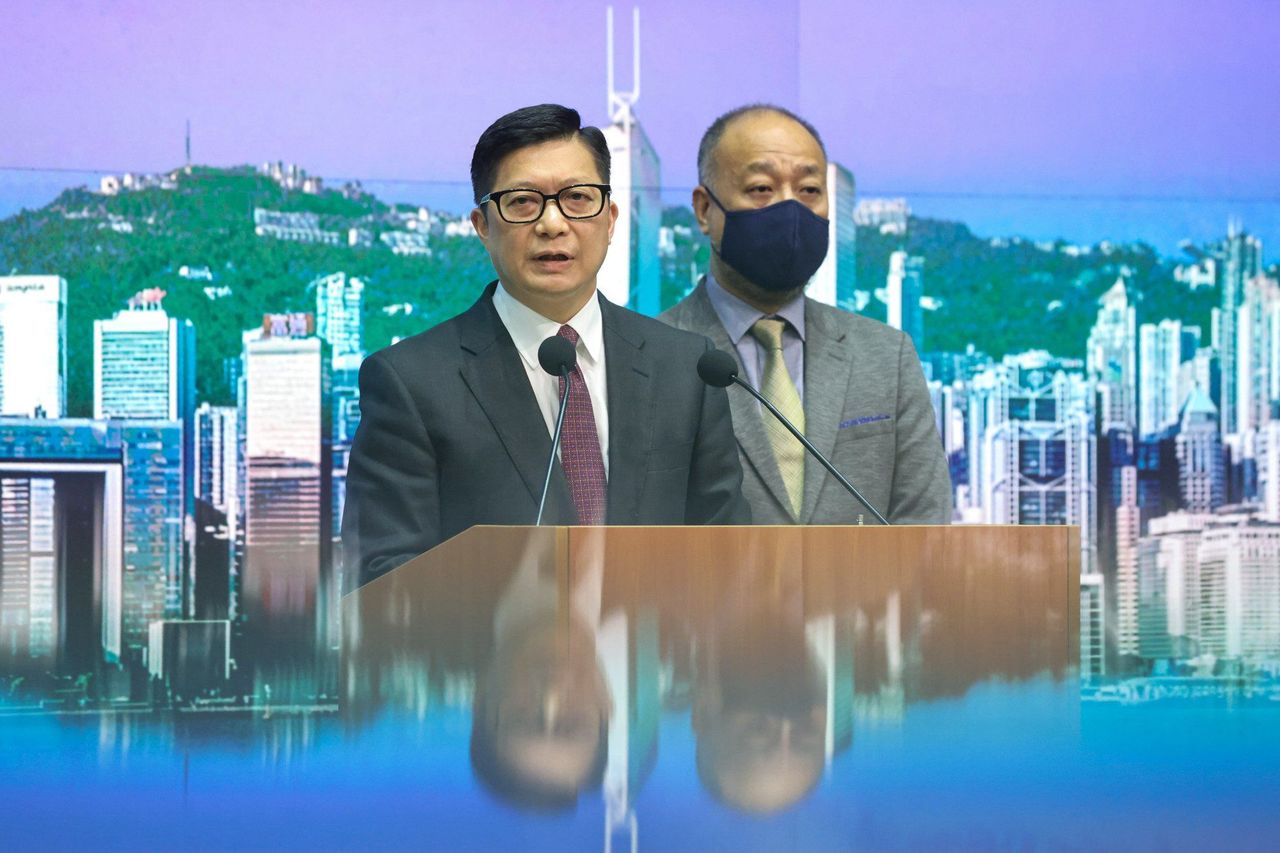Hong Kong News

Hong Kong security chief slams Google for refusing to fix anthem search results
Hong Kong’s security minister has accused Google of “double standards” after the tech giant rejected the government’s request to ensure the Chinese national anthem appears as a top search result for certain keywords after a series of mix-ups involving the songs overseas.
Secretary for Security Chris Tang Ping-keung on Monday said the company cited the algorithm used to order its search results in explaining why it could not comply with the government’s request.
“Google claimed it could not accede to our request because [the search results are determined by] algorithm and it cannot do anything with it,” he said. “But it has been widely known that anyone who wants their information to be seen by more people could spend money on adverts to get their posts promoted. The claim by Google that its hands are tied is incomprehensible and I am sure Hongkongers would find it unacceptable.”
Two weeks ago the government said it had asked the company to prevent misleading search engine results
from displaying at the top when keywords such as “Hong Kong” and “national anthem” were entered.
 Secretary for Security Chris Tang (left).
Secretary for Security Chris Tang (left).
Asia Rugby, the organisers of the Incheon tournament, earlier admitted that the wrong song had been downloaded from the internet and apologised for the mix-up.
The national anthem was also mislabelled in a broadcast graphic in two earlier rugby matches.
Chan earlier said Google had a role in the error, pointing out that a song claiming to be Hong Kong’s national anthem was available for download in the company’s search results, even though it was “factually wrong” as the city did not have its own official tune.
Speaking on Monday, Tang noted a recent ruling by the Court of Justice of the European Union, which found Google must delete search results about residents of the bloc if they could prove the information was clearly wrong.
He accused the tech giant of having “double standards” for pledging to follow the court decision while rejecting the city government’s request.
“It owes Hongkongers an explanation,” Tang said, adding the government would exhaust all means to correct the information online.
The Post has approached Google for comments.
The government has ordered a police probe into the mix-ups to determine whether any laws were violated, including the National Anthem Ordinance and the national security law, with the latter applying to offences committed outside the city.
Tang also defended remarks he made last month in which he said some local rallies mourning victims of a deadly fire in Xinjiang had shown early signs of a “colour revolution”.
After the blaze that killed 10 people, speculation mounted that the victims did not receive help quickly enough due to Covid-19 restrictions blocking access to the residential block. Protests erupted in more than a dozen mainland cities, with residents demanding authorities relax pandemic controls that had been in place for nearly three years. Last week, the central government finally relented and eased a number of measures, including allowing some residents to quarantine at home.
Tang argued he had the responsibility to advise the universities’ management about the possibility of the campuses being used as bases against the interests of national security.
“Following what I have advised and warned the public, the situation has died down,” he said, adding no arrests had been made so far.
Separately, Tang said there were 56,852 crimes reported in the first 10 months of the year, an increase of 6.6 per cent compared with the same period in 2021, mainly led by a jump in deception cases, which accounted for 40 per cent of the total crimes logged.
He pointed out the figures for some major crimes had dropped, including rape, indecent assault and wounding, while the number of burglaries and various robberies had reached their lowest in 30 years.











